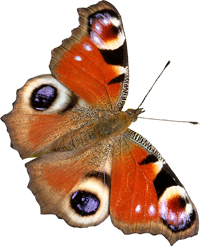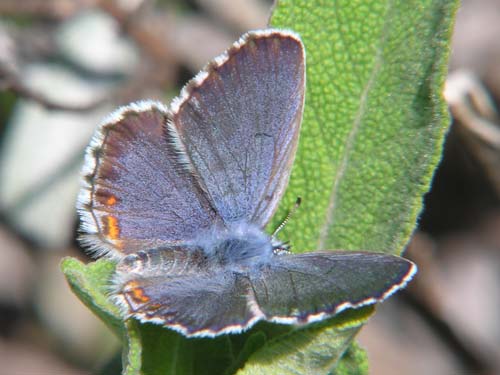
Kozani, Greece, May 2004
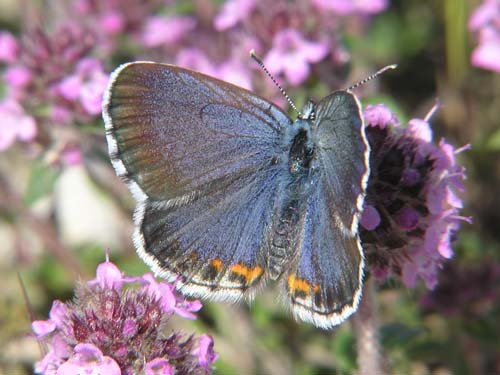
Kozani, Greece, May 2004
Field notes and information
A stunning butterfly of intense dark blue and bright orange. It is one of the baton blues, Pseudophilotes, but is quite distinct from them.
Identification & Similar species: Other Pseudophilotes species are superficially similar but the rich dark blue of this species and its relatively large size are distinctive.
Distribution & Flight: Extremely local in small widely separated regions. Recorded from the Middle Atlas of Morocco, parts of Romania, FYROM and northwest and south Greece. We found it in the Askion Mountains of northern Greece where it was fairly wide ranging. It became fairly common too in mid May but we only came across one or two females amongst all the males.
Habitat & Behaviour: As all Pseudophilotes it flies in dry hot grasslands and slopes, often with bare ground and stones/ rocks where the foodplants, various species of sage, Salvia, grow. In the Askion mountains of northwest Greece, they didn't every fly very far or rapidly, preferring to make frequent stops on rocks particularly along rough tracks. They would take salts at puddles and dung and often stop at flowers.
Variation: Significant variation exists between each of the regions. The from fatma from Morocco is often considered a separate species. It has much more orange on the upperside than the other forms. See separate page on that taxon.
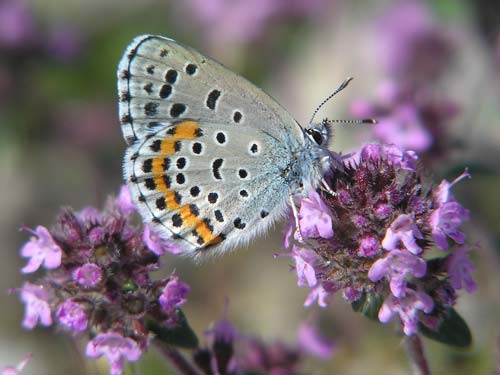
Kozani, Greece, May 2004
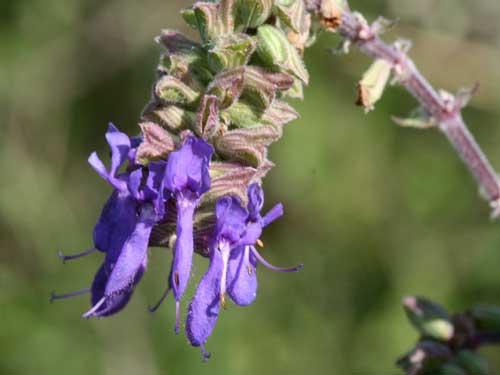
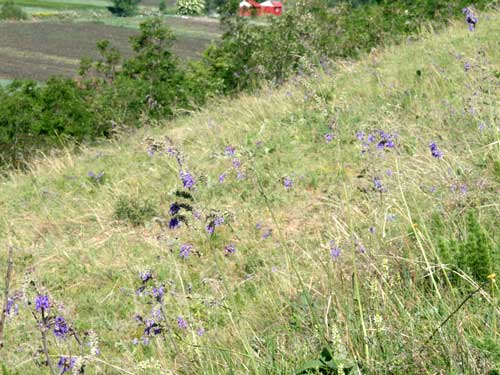
Cluj, Romania, May 2009
Larval food plant, Salvia nutans. The adults fly very early in Romania in April.
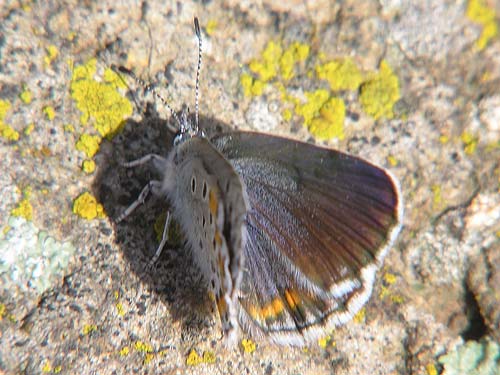
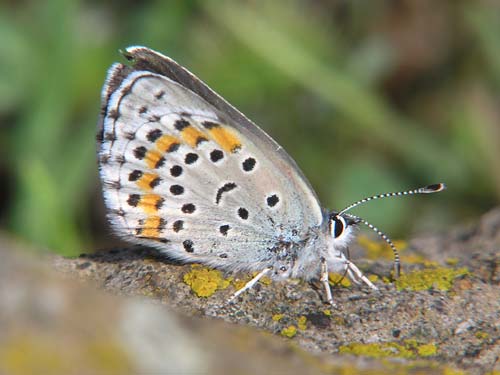
Kozani, Greece, May 2004
Female, dozy after freezing night temperatures.
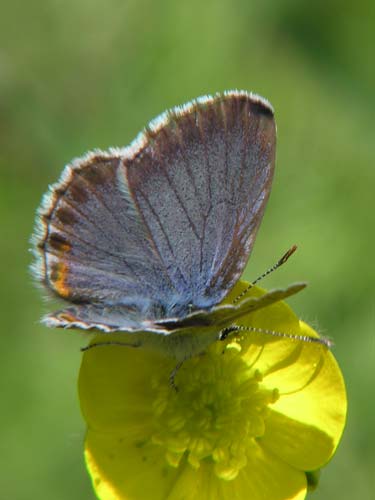
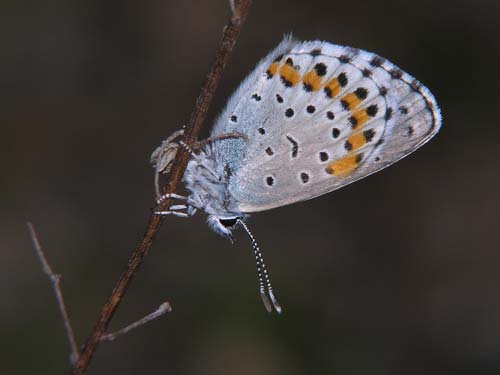
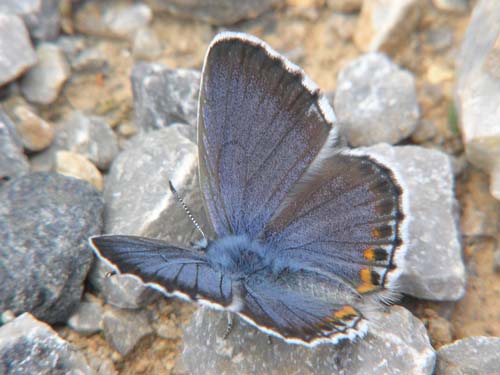
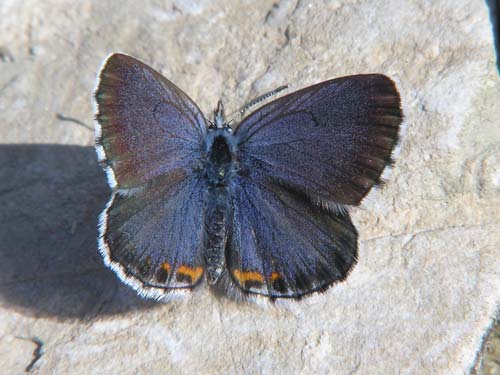
Kozani, Greece, May 2004
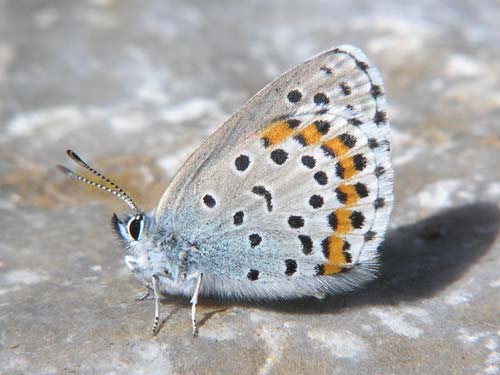
Kozani, Greece, May 2004
A female, I think, judging by the relatively whiter marginal area of the hindwing.
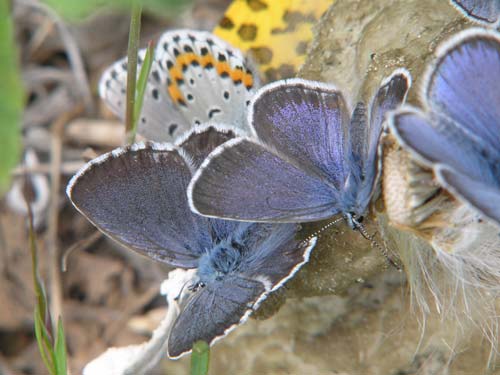
Kozani, Greece, May 2004
Three bavius with two green underside blues G. alexis. Both bavius with wings open show very little orange on the upperside. This corresponds with the form macedonicus.
